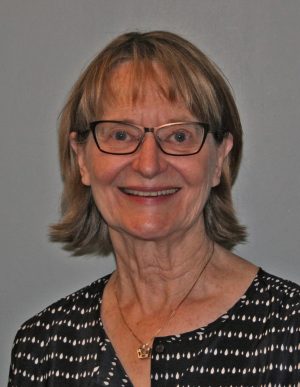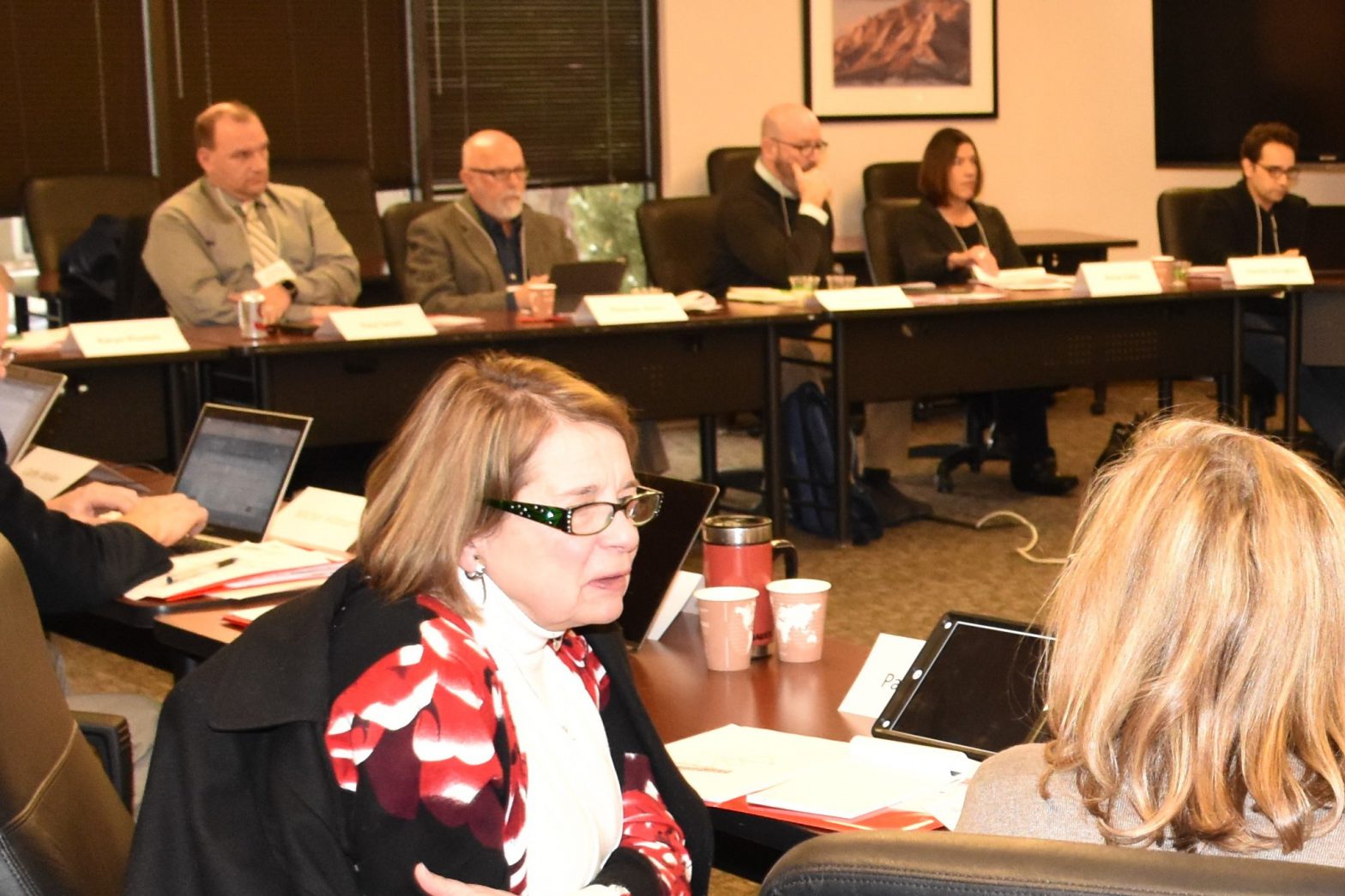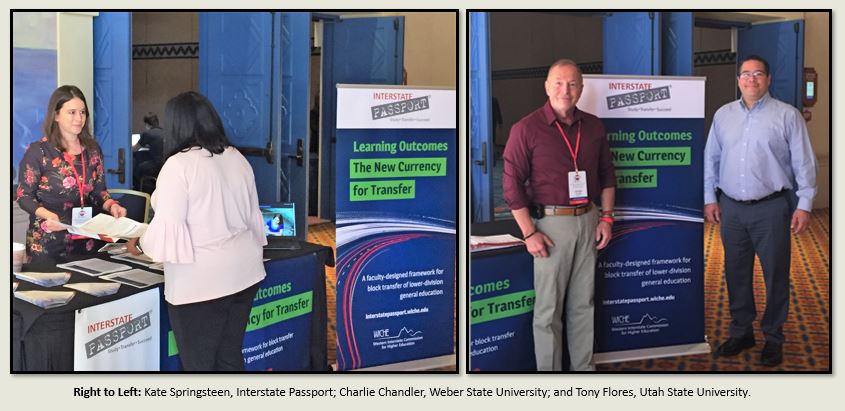Meet Beverly Meinzer is an instructor at the University of Arkansas Community College at Batesville (UACCB). Since 2003, her main responsibilities have included teaching courses in chemistry and physical science, as well as serving as a faculty advisor to about 70 students. In addition, she is a member of Curriculum Committee and was committee chair for the past five years. Meinzer led the campus effort to become a member of the Interstate Passport Network by convening faculty to review and identify congruence with the Passport Learning Outcomes and to develop UACCB’s Passport Block. Since UACCB joined the Network in the Spring of 2017, Meinzer has served as the UACCB Institutional Liaison. In that capacity, she has identified the core members of the UACCB institutional team who have been key in developing internal processes at UACCB to ensure the successful implementation of Interstate Passport on their campus.
Meinzer is also a member of Interstate Passport’s Institutional Liaison Advisory Committee which focuses on the implementation of Interstate Passport at the institutional level and provides recommendations to the Passport Review Board. Meinzer has further supported Interstate Passport by recently co-presenting Interstate Passport: An Outcomes-Based Framework for General Education Transfer at the League for Innovation’s Community College Innovations Conference. Meinzer says that “Interstate Passport is a fantastic way for students to keep the credits they’ve worked so hard to earn even when life takes them miles from their college starting point. Incoming Passport students can know that their credits will be accepted. This takes the “guess work” out of schedule making. Interstate Passport is one more way that UACCB adheres to its mission of being community centered and student focused.”






